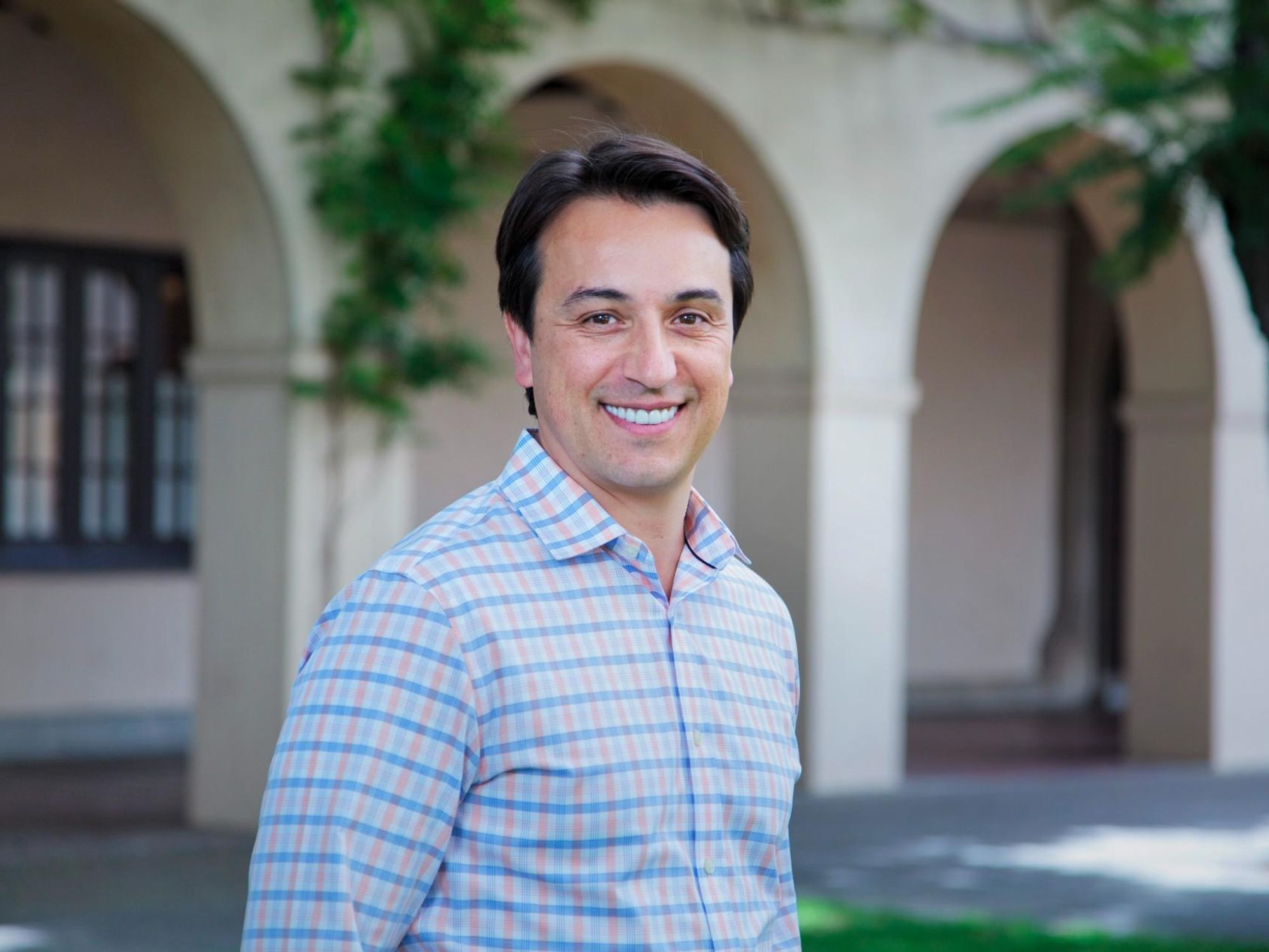How Caltech’s Fred Farina Is Creating a Haven for Research-Driven Startups on Campus

On this episode of the LA Venture podcast, Caltech’s Chief Innovation and Partnerships Officer Fred Farina discusses how the university converts fundamental research into new technology and supports developing startups.
Farina has been at Caltech for over 20 years, where he now oversees the Office of Tech Transfer, which is responsible for laying the groundwork for transitioning research into real-world applications. Set up in 1995, the department works on everything from patents and licensing to building a team and creating the infrastructure to support fledgling businesses.
“It’s not like we would cold call companies and try to sell patents… because of the early-stage nature of what we do,” he said. “Instead, focus has been on startups and all the programs that help get technologies more mature and more attractive for a VC, basically, to invest in the [technology] and form a company around it.”
Many of these early initiatives lack the real-world application proofing that venture capital firms are looking for before they invest, Farina said. To get these young companies over the hump, the school has proof-of-concept or “gap” funding that it distributes from the Rothenberg Innovation Initiative, to help researchers prove their ideas’ commercial potential. To help researchers “de-risk” those concepts, Caltech also offers an “Entrepreneurs in Residence” program.
Farina also helped set up The Caltech Fund and the Wilson Hill Fund, both of which provide seed funding to transform research into companies. Both funds provide between $500K and $1.5 million in seed funding for early-stage companies coming out of Caltech.
“A lot of the time, many of these projects are still not ready because…you need business people, as well as technical people and scientists, engineers. You need a plan. You need a polished pitch deck and all that stuff,” Farina said.
The next step has been to create an incubator, a space for funding recipients to work on their projects close to campus.
“The idea is to create the excitement around startups in our location that's, you know, in one place so that 5, 6, 7 startups can be in the same place and build on that excitement,” he said. Ultimately, the goal is to incubate companies ”for two years before they go out and, hopefully, then stay in Pasadena, rather than leave for the Bay Area or Boston or other areas.”
Caltech research and patents have played a major role in everything from DNA sequencing, to heavy-lift drone technology, to camera phones, among other technologies. Through NASA, Caltech also manages the Jet Propulsion Laboratory, which researches the exploration of space.
Quantum science and computing are another area of technology that is quickly growing out of the institution. Caltech partners with Amazon Web Services to develop quantum computing hardware and software, Farina said, adding that that partnership has greatly helped foster Caltech’s startup ecosystem, providing recent graduates with high-quality jobs.
“What I'm excited about is that, for the first time, we have a large company basically on campus doing work that matches what Caltech wants to do in terms of fundamental aspects, and with potential really deep impact on society,” he added.
dot.LA editorial intern
Kristin Snyder contributed to this post.
Click the link above to hear the full episode, and subscribe to LA Venture on Apple Podcasts, Stitcher, Spotify or wherever you get your podcasts.
This podcast is produced by LA Venture. The views and opinions expressed in the show are those of the speakers and do not necessarily reflect those of dot.LA or its newsroom.
- Caltech and Amazon's New Computing Site is Open - dot.LA ›
- Freeflow Venture Firm Launches to Back Caltech Startups - dot.LA ›
- From GameTree to Sota — Ukrainian Founders Call LA Home - dot.LA ›




 Image Source: Skyryse
Image Source: Skyryse
 Image Source: Northwood Space
Image Source: Northwood Space